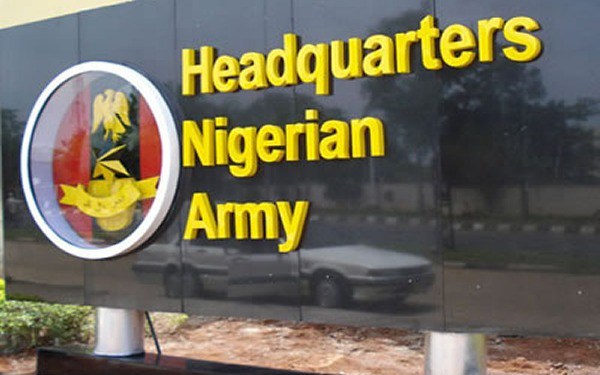Pope Francis Elevates Three Africans, 18 Others To Cardinal
Pope Francis has elevated 21 clergy from different parts of the world to the rank of Cardinal, saying diversity was indispensable to the future of the Catholic Church.
He made the disclosure yesterday and it was witnessed by a crowd that filled half of Vatican City’s grandiose, colonnaded St. Peter’s Square, where the 86-year-old pope welcomed the new, so-called “Princes of the Church” – one of whom could one day become the successor to the current pontiff.
“The College of Cardinals is called to resemble a symphony orchestra, representing the harmony and synodality of the Church,” said Francis, seated under a canopy before the gathered cardinals on the steps of St. Peter’s Basilica.
“Diversity is necessary; it is indispensable. However, each sound must contribute to the common design,” said the Argentine Jesuit.
The choice of the new cardinals, among who are diplomats, close advisers and administrators, is closely watched as an indication of the priorities and position of the church.
One of them could also one day be elected by his peers to succeed Francis, who has left the door open to stepping down in the future should his health warrant it.
Saturday’s ceremony, known as a consistory, is the ninth since Francis was named head of the world’s 1.3 billion Catholics in 2013.
One by one, the scarlet-clad cardinals knelt before the Pope, who bestowed on them the two symbols of their high office: a scarlet four-cornered cap known as a biretta and a cardinal’s ring.
To some, a grinning Francis uttered an encouraging “Bravo!” or “Courage!” as he shook their hand.
Eighteen of the 21 newly made cardinals are under the age of 80 and thus currently eligible to vote as “cardinal electors” in the next conclave, when Francis’ successor will be decided.
They are among 99 cardinal electors created by Francis, representing about three-quarters of the total. That has given rise to speculation that the church’s future spiritual leader will be cast in the same mould as Francis, preaching a more tolerant church with a greater focus on the poor and marginalised.
Bishops taking action throughout his papacy, Francis has sought to create a more inclusive, universal church, looking past Europe to clergy in Africa, Asia and Latin America to fill the church’s highest ranks.
With his latest roster of cardinals, Francis has again looked to the world’s “peripheries” – where Catholicism is growing – while breaking with the practice of promoting archbishops of large, powerful dioceses.
“He is looking for cardinals who correspond to the times. These are people who have all taken a step away from the church of the past, who positively ensure a break,” an informed observer of the Holy See who asked to remain nameless told AFP ahead of the ceremony.
The array of cardinals represents “a richness and a variety of experience, and that’s what the church is all about,” the Archbishop of Cape Town, Stephen Brislin, told AFP Thursday before his elevation to cardinal.
“The church encompasses all people, not just a certain group of people,” he said.
There are three new cardinals from South America, including two Argentinians.
Asia is represented by the Bishop of Penang in Malaysia and the Bishop of Hong Kong, Stephen Chow, who is seen as playing a key role in seeking to improve tense relations between the Vatican and Beijing.
Some of the new cardinals, like Chow, have experience in sensitive zones of the world where the Holy See hopes to play an important diplomatic role.
The list includes the Holy Land’s top Catholic authority, Italian Archbishop Pierbattista Pizzaballa, the first seated Latin Patriarch of Jerusalem to be made cardinal.
“Jerusalem is a small laboratory, interreligious and intercultural, and that’s a challenge that the whole world is facing at this point,” Pizzaballa told AFP.
Also elevated was the apostolic nuncio or ambassador to the United States, France’s Christophe Pierre, whose decades-long diplomatic career includes posts in countries including Haiti, Uganda and Mexico.
Francis also tapped top administrators in the Curia, the Holy See’s government.
His new choices include Claudio Gugerotti, the Italian prefect of the Dicastery for the Eastern Churches; Argentina’s Victor Manuel Fernandez, whom Francis recently named head of the powerful Dicastery for the Doctrine of the Faith; and Chicago-born Robert Prevost, a former missionary in Peru who leads the Dicastery for Bishops.





